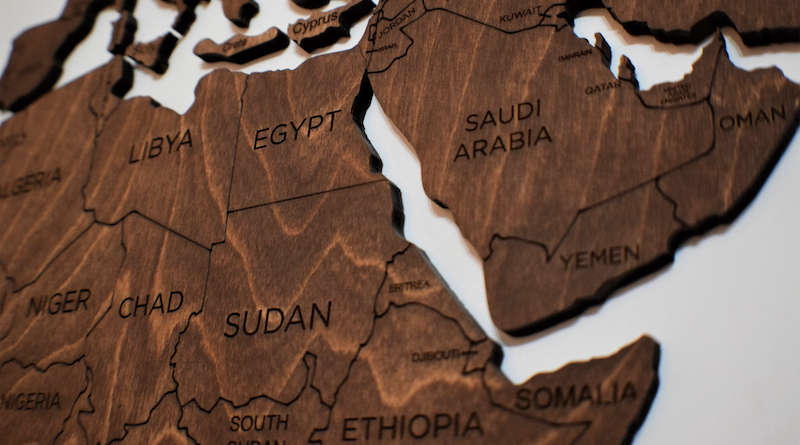The vision of the EAC is “To be a prosperous, competitive, secure, stable and politically united East Africa”. The EAC represents seven countries at present from East and Central Africa. Yet the name remains the East Africa Community, despite it overlooking the Atlantic Ocean and containing the three Central African countries of DR Congo, Rwanda, and Burundi. It also includes in addition to the traditional East African countries of Tanzania, Uganda, and Kenya, the country of South Sudan, which was maneuvered to join it, although it was not in a position to determine what was good for it at the time of its secession from Sudan.
Apart from South Sudan, which speaks Juba Arabic, the other countries share the Swahili language and Bantu ethnicity. South Sudan is the only Nilotic country among the seven members of the EAC. It is an economic block, which is working to create a new country to be called the East Africa Federation. In this respect, it is different from any other regional block. It will have a capital, most probably Arusha, Tanzania, its current seat of power, and it will have one head of state, one currency, one passport, and indeed, one identity. It would be the largest country in Africa with an area of some 5.2 million square kilometers and a population close to some 300 million.
Somalia wrongly applied for membership in the regional block in 2012 as soon as a new government was installed after an absence of some 21 years. That government was headed by the current president HSM, who lost power in 2017 only to come back in 2022. The president apparently did not understand nor make any serious review or thoughtful process when his government applied for admission into the EAC regional block. Perhaps he and his team only thought they would be walking into a new regional block, which would assist the country in recovering from the chaotic 21 years it lived through before his election.
Fortunately, the EAC was more sensible then, and told him and his team that Somalia was not ready for such an adventure. However, the president in his current second stint at presiding over the country, kept pushing for membership and indeed appointed a special envoy for this job and they are still working on the mandate. They have not carried out any studies on the subject and did not consult the Somali people. They did not present a viable case for seeking to join the EAC to the Somali people but kept it a secret at close quarters as if it was all designed to sell off the country. There were no public discussions and except for a few determined individuals, who continue to monitor the matter, the general Somali public is unaware of what membership of the EAC entails and here is bluntly what it holds for Somalia:
The EAC would be converted into a united East Africa as its vision states. It would be much like the United States and not like the European Union as some try to explain. As noted above, there would be one capital, one constitution, one seat of power, and governance, and no country would have a veto on the actions the federal government of the coming East Africa Federation would do or decide to do. The presidents of the current member states would be more like the governors in the states of the United States. There would be one constitution, one security infrastructure, one educational system, one healthcare system, and one foreign and domestic policy. Indeed, each country would lose its sovereignty and all the citizens of the block would have the same rights and of course obligations throughout the new country under formation.
What we know is that the Somali people have not been told about what membership of the EAC entails and would cause more problems than has hitherto happened in the country of Somalia. The proud Somali herder and pastoralist would be pushed to live within an environment he or she hardly understands without mentioning the sociocultural chaos that would follow. President Hassan would no longer be supreme in Somalia and would be told to behave and would not be able to do the other things he is famous for. He may, indeed, be removed from power as soon as he signs the accession agreement into the EAC regional block.
Many East and Central Africans know about the inability of the Somalis despite being, by and large, a homogenous country, to constitute a functioning government. He would soon be recognized for his weak clannish style of governance and to clean the slate, they may bring in a Ugandan, a Kenyan, a Congolese, and for that matter any other citizen of the East Africa Federation.
Unless the EAC fails to achieve its goals, which is unlikely, Somalia will lose its sovereignty and there will no longer be a country called Somalia. Are Somalis prepared to lose their sovereignty? It is the question of the hour and not of tomorrow, for anything can happen tomorrow before Somalis wake up to the call.
President Hassan and his team must be stopped from carrying out a blunder. They would be reading this piece as well and may accelerate the process. But this would be for history as history does not forgive. Hassan would be remembered as the man who sold Somalia out, perhaps for peanuts.

